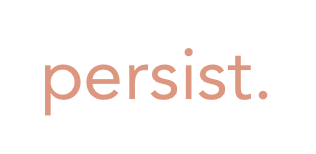Stop Asking “How Can I Help?”
The Loop of Trying (and Failing) to Help
You want to help. You really do.
But every time you ask “What can I do?” the answer either sounds annoyed… or sounds like nothing at all.
So you try something.
And it’s not right.
Or it’s not enough.
Or it’s the wrong thing at the wrong time.
And now you’re stuck in the most confusing loop:
Try to help
Get it wrong
Get frustrated
Try less
Fight more
We see you. And here’s the thing: you’re not the problem. The system is.
Why “How Can I Help?” Backfires
When one partner is carrying the mental load, the invisible weight of planning, anticipating, and coordinating, the last thing they want is to become the household manager handing out assignments.
That simple question? It just puts the burden back on them.
What Real Support Looks Like
What most people wish would happen instead:
Notice something that needs doing
Take it on start to finish
Do it without fanfare
Repeat it next week (and the week after)
That’s the dream. But it’s nearly impossible to do when you can’t even see the full picture of what your partner is carrying.
Making the Invisible Visible
That’s where Persist comes in.
Our free app surfaces the unseen system at home, the CareLoad.
With Persist, you’ll finally see:
What your partner is holding (even the stuff that never gets written down)
Where decision fatigue is draining them
What you can take on completely, based on your real time and energy
No awkward convos. No accusations. Just clarity.
How Persist Helps You Show Up Differently
Here’s the shift: you stop feeling like you’re failing. Because for the first time, you’re not operating blind. You can see the system and step in as a true partner.
This isn’t about being perfect.
It’s about being present.
Not the kind of partner who waits to be told. The kind who sees the load, and carries it too.
Stop Guessing. Start Sharing.
You don’t need to figure it out alone.
Take the CareLoad Assessment to see what’s heavy, what’s missing, and how to finally share the load more fairly.
Because clarity is good. Relief is better.
